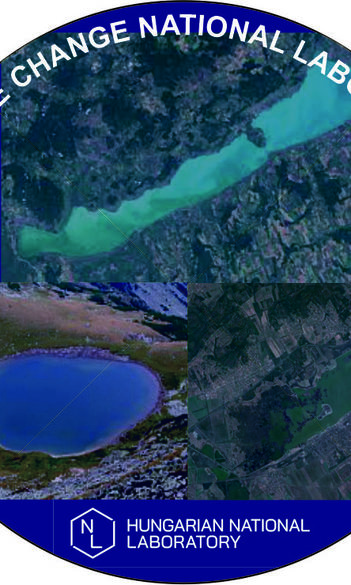Climate Change National Laboratory
Drivers and environmental impacts of climate change in the Carpathian Basin: Ensuring safe lakes during climate change

Summary of research
The research focuses on the assessment of rapid ecological status changes in shallow lowland and alpine lakes of the Pannonian Region. We develop measures to achieve a safe operational state (ecological status) of the lakes with the help of sediment studies from Lake Balaton, the reservoirs of Lake Velence and the alpine lakes of the South Carpathians. Multi-proxy analyses on short sediment cores will be used to determine the reference conditions before human impact, to reconstruct the rate of ecosystems change in response to climate change, measure anthropogenic pollutants and work out mitigation plans.
Planned analyses
From each lake 3 sediment cores will be retrieved using a piston corer. Sediment cores will be sliced as 0.5 cm and subjected to 210Pb and 137Cs isotope analyses for dating.
The following analyses are planned:
1. Chlorophyll content measurement
2. main and trace element analysis
3. d15N and d13C measurement
4. Particle size analysis
5. determination of organic C and N content
6. Analysis of microplastics (Wessling)
7. measurement of organic pollutants (PAH, eestradiol, Wessling)
8. quantitative water quality reconstruction based on fossil chironomid fauna
9. Pollen analysis (quantitative reconstruction of pasture, forest, arable land cover)
10. diatom analysis (quantitative pH and available P reconstruction)
11. environmental DNS analysis (species composition of algae communities)
Research objectives
- determination of reference conditions before human effects, diagnosis of the rate of change in the lake ecosystems
- developing action plans to achieve sustainable ecological status;
- establishing causal relationships between climate change and water quality change;
- developing methods of proper adaptation, retention and replacement of water volume and quality;
- development of a monitoring strategy together with Water Conservancy Directorates and municipalities;
- public awareness-raising in water quality protection in collaboration with national parks, SMEs, municipalities and WaterWorks Companies

